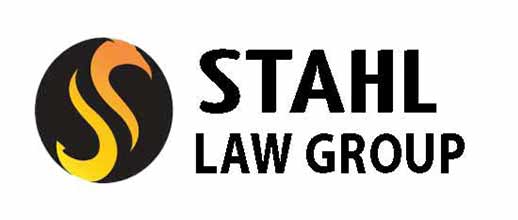People arrested in Georgia on suspicion of drunk driving enter the criminal justice system. The booking process reflects the first stage of being taken into police custody. Police will enter a suspect’s personal information into a criminal database and search criminal records to see if the person has any previous arrests or convictions. Photographing, fingerprinting, collection of personal property and placement in a holding cell complete the booking process. In some cases, a defendant will need to pay bail before being released from custody, and the criminal justice system takes into account a few factors when setting the amount.
A basic schedule of bail amounts might determine what the person needs to pay. Typically, people can pay bail at the police station and secure a prearraignment release. If they are held for a bail hearing or an arraignment, then a judge will decide what bail should be. The criminal history, including previous drunk driving incidents, and whether or not the current DUI incident involved injuries are likely to affect a judge’s bail decision. A person’s community connections, such as employment or family ties, may play a role as well.
At times, people are released from custody without being asked to pay bail. This is known as an own recognizance release. People let out on their own recognizance will have to declare in writing that they will attend their court dates. Failure to appear in court will authorize an arrest warrant.
A person can seek out legal representation at any point during this process. An attorney might speak for the person at a bail hearing or arraignment. In addition to arguing for a fair bail amount or a release on the client’s own recognizance, an attorney might advise the person about how to answer charges arising from DUI and traffic offenses.

